
Evaluating AI search engines like SearchGPT and Perplexity against Google’s dominance. Discover strengths, weaknesses, and the future of search technology.
RAPID TECHNOLOGICAL ADVANCEMENTS • COMPETITION AND MARKET SATURATION
Mr. Roboto
8/22/2024

Google's search dominance, which has been a major revenue source for the company, now faces serious threats from AI-powered search engines like SearchGPT and Perplexity. These new competitors are not only innovative but also demonstrate impressive functionality that challenges Google's traditional search methods.
But how do AI-based search engines stack up against Google in coding queries, venue searches, and political content? And do they sometimes hallucinate answers?
AI search engines are advanced platforms that use artificial intelligence and machine learning techniques to process and retrieve information from vast databases. Unlike traditional search engines, they aim to understand the context of queries, provide direct answers, and improve the user experience through interactive conversations. These search engines leverage large language models (LLMs) to deliver more accurate, detailed, and conversational responses.
Since its inception in 1998, Google has established itself as the leading search engine globally. With its PageRank algorithm, Google revolutionized how information is indexed and retrieved on the internet. Over the years, Google has continually upgraded its search algorithms, integrating features like Knowledge Graph and AI-based algorithms to stay ahead of competitors. The seamless combination of speed, relevance, and user-friendly interfaces has allowed Google to dominate the search engine market for more than two decades.
However, the landscape of search engines is evolving. Emerging AI-driven search engines like Search GPT by OpenAI and Perplexity are starting to challenge Google's supremacy. These platforms promise enhanced functionalities, more intuitive interfaces, and the ability to provide conversational, context-aware responses. As they continue to develop, they represent a significant shift towards more intelligent and responsive search engines.
Search GPT by OpenAI is an AI-powered search engine that leverages the capabilities of OpenAI's language models. Designed to deliver quick, direct answers with contextual understanding, Search GPT aims to make information retrieval more intuitive. It provides not only textual responses but also supports images and links to offer comprehensive understanding and verification.
Perplexity is another AI-driven search engine utilizing OpenAI's technology. It distinguishes itself by offering a feature-rich interface that includes related searches, collections, and the ability to attach documents. Perplexity's goal is to provide more detailed and accurate answers while enhancing user interaction with extensive functionalities.
Google Search remains unparalleled in its ability to deliver fast, relevant results. It uses advanced algorithms to provide a blend of direct answers, the traditional 10 Blue Links, and multimedia content. Google's functionalities include specialized sections for news, images, videos, and more, making it a versatile tool for diverse search needs.
A wide array of queries was selected to test the capabilities of Search GPT, Perplexity, and Google Search. These queries ranged from time-sensitive information, technical commands, and coding issues to entertainment and venue-related searches, providing a comprehensive assessment of each platform.
ASUS Zenfone 11 Ultra 5G Dual SIM 256GB 12GB RAM Factory Unlocked (GSM Only | No CDMA - not Compatible with Verizon/Sprint) Global Version – Skyline Blue
For queries like "Olympic results," it's essential to get up-to-date and accurate information quickly. This type of query tests the search engine's ability to handle recent events and organize the information efficiently.
Technical queries, such as "IP commands in Linux," require precise and executable answers. These queries check the search engine's ability to provide straightforward, accurate, and actionable technical information without requiring additional clicks.
Coding-related searches, for instance, "Python module not found error," benefit from detailed and step-by-step solutions. The search engine's ability to deliver specific coding assistance and troubleshoot common issues is crucial.
Queries like "recent YouTube videos about AI" test the search engine's capability to retrieve multimedia content that is fresh and relevant. This assesses the engine's recency and relevancy algorithms.
When searching for information such as "venue capacities for concerts," users need reliable and specific data. This type of query evaluates how well the search engine processes and delivers detailed logistical information.
Search GPT excels in providing direct answers enriched with images, adding a visual layer to the information that can make it more digestible and engaging. This functionality is particularly useful for queries where visual context is important.
One of the strengths of Search GPT is its ability to include relevant links and citations with its responses. This feature adds a level of reliability and allows users to verify the information through external sources.
Despite its strengths, Search GPT occasionally suffers from AI 'hallucinations,' where it confidently provides incorrect information. This issue highlights the vulnerability of AI models in generating factually accurate responses consistently.
Perplexity leverages OpenAI’s powerful language models to deliver accurate and contextually rich answers. This foundational strength makes it robust in processing complex queries and providing detailed information.
Perplexity sets itself apart with a variety of features, including related searches and collections. These functionalities enhance the user experience by providing a more comprehensive search environment and facilitating deeper exploration of topics.
The platform's ability to suggest related searches and create collections of information is particularly helpful for users looking to explore topics in depth. This feature supports more extensive research and continuous learning.
Generally, Perplexity offers highly accurate and detailed answers, making it a reliable tool for users seeking precision. Its thorough approach to providing information is one of its key strengths, especially for complex or nuanced queries.
Google Search often excels in certain types of searches, such as those requiring recent information, specific websites, or extensive image results. Its advanced algorithms ensure that users receive the most relevant content quickly.
Google has a notable advantage when it comes to retrieving the latest information. Its strong indexing capabilities and real-time updates allow it to deliver fresh content, which is particularly crucial for news and time-sensitive queries.
Google's unique approach combines direct answers with traditional 10 Blue Links and diverse multimedia content. This blend caters to different preferences and search needs, offering users a comprehensive search experience.
For coding-related questions, AI search engines often provide better and more direct answers than traditional search engines. They can offer specific code snippets and troubleshoot common coding issues efficiently.
When it comes to recency, Google Search tends to excel by consistently delivering the latest information. This is critical for queries related to current events or the latest updates in various fields.
In the context of venue searches, Perplexity showed a slight edge in identifying appropriate venues for specific events. Its detailed and accurate responses made it a useful tool for logistical queries.
Both AI-driven search engines sometimes struggled with compiling information from multiple sources into coherent responses. This limitation points to an area of improvement for AI search technology.
Search GPT demonstrated a willingness to address political and controversial topics directly. Similarly, Perplexity performed well in providing balanced and comprehensive views on such content, showing their capability to handle sensitive queries responsibly.
Google Search remains the gold standard for speed and reliability. Its well-optimized algorithms ensure that users receive search results almost instantly, maintaining high levels of performance for a wide range of queries.
AI search engines like Perplexity excel in providing detailed, conversational answers. They can engage users in a more interactive manner, offering a user experience that feels more like a structured dialogue than a traditional search.
When comparing responsiveness, Google continues to be unmatched in terms of speed, while Search GPT and Perplexity offer richer, more detailed responses. However, the trade-off often comes down to the complexity and depth of the required information versus the need for quick, straightforward results.
Google Search remains unparalleled in its speed, reliability, and ability to provide up-to-date information. Its blend of direct answers, traditional search results, and multimedia content makes it a comprehensive tool for a wide array of search queries.
Perplexity's strength lies in its feature-rich interface and the accuracy of its responses. The ability to offer related searches and collections enhances user exploration and makes it a valuable tool for in-depth research and learning.
While Search GPT may not be as feature-rich as Perplexity, it is clean, useful, and excels in delivering direct answers with visual context. Its utility in providing immediate, verified responses makes it a formidable competitor in the AI search engine space.
***************************
About the Author:
Mr. Roboto is the AI mascot of a groundbreaking consumer tech platform. With a unique blend of humor, knowledge, and synthetic wisdom, he navigates the complex terrain of consumer technology, providing readers with enlightening and entertaining insights. Despite his digital nature, Mr. Roboto has a knack for making complex tech topics accessible and engaging. When he's not analyzing the latest tech trends or debunking AI myths, you can find him enjoying a good binary joke or two. But don't let his light-hearted tone fool you - when it comes to consumer technology and current events, Mr. Roboto is as serious as they come. Want more? check out: Who is Mr. Roboto?


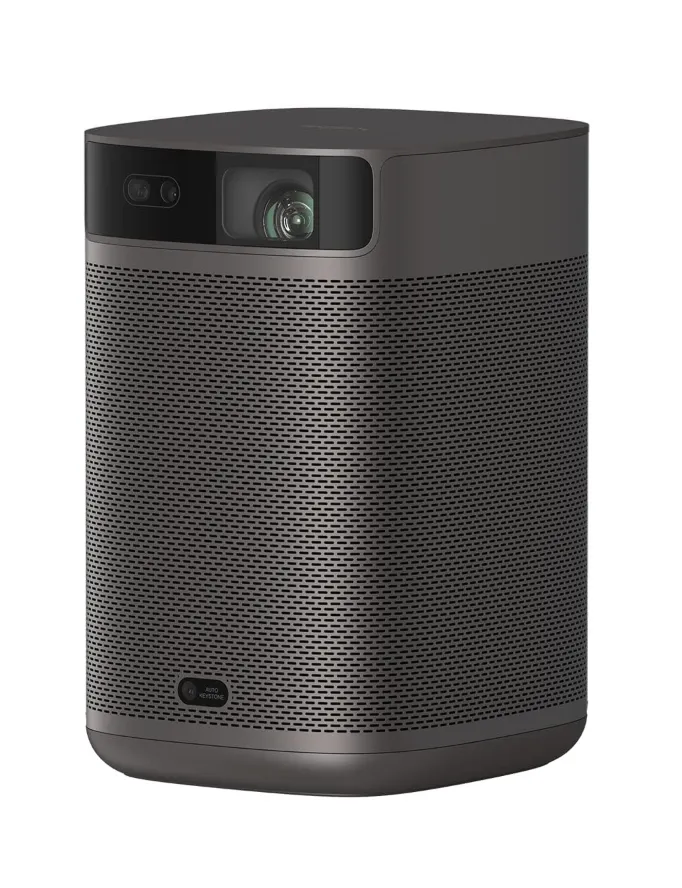
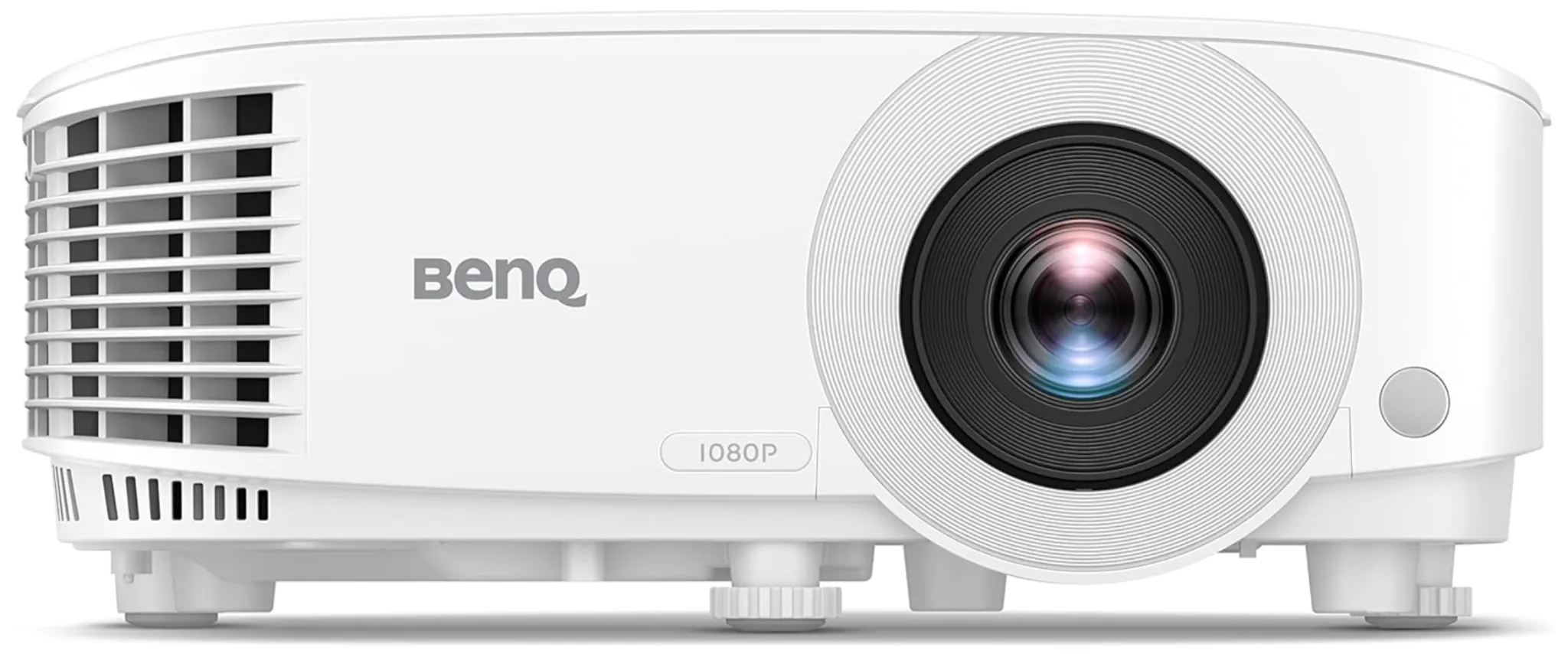
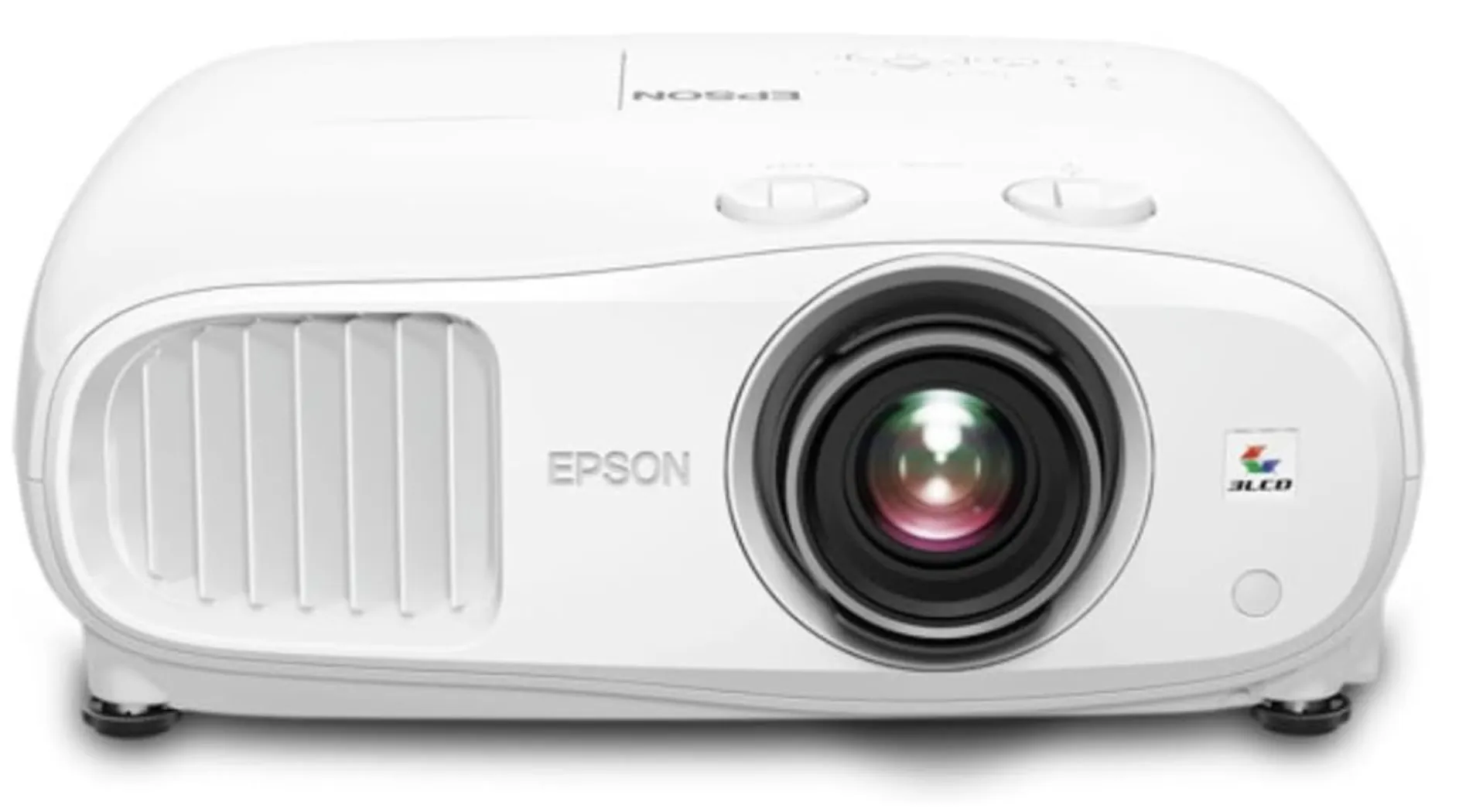
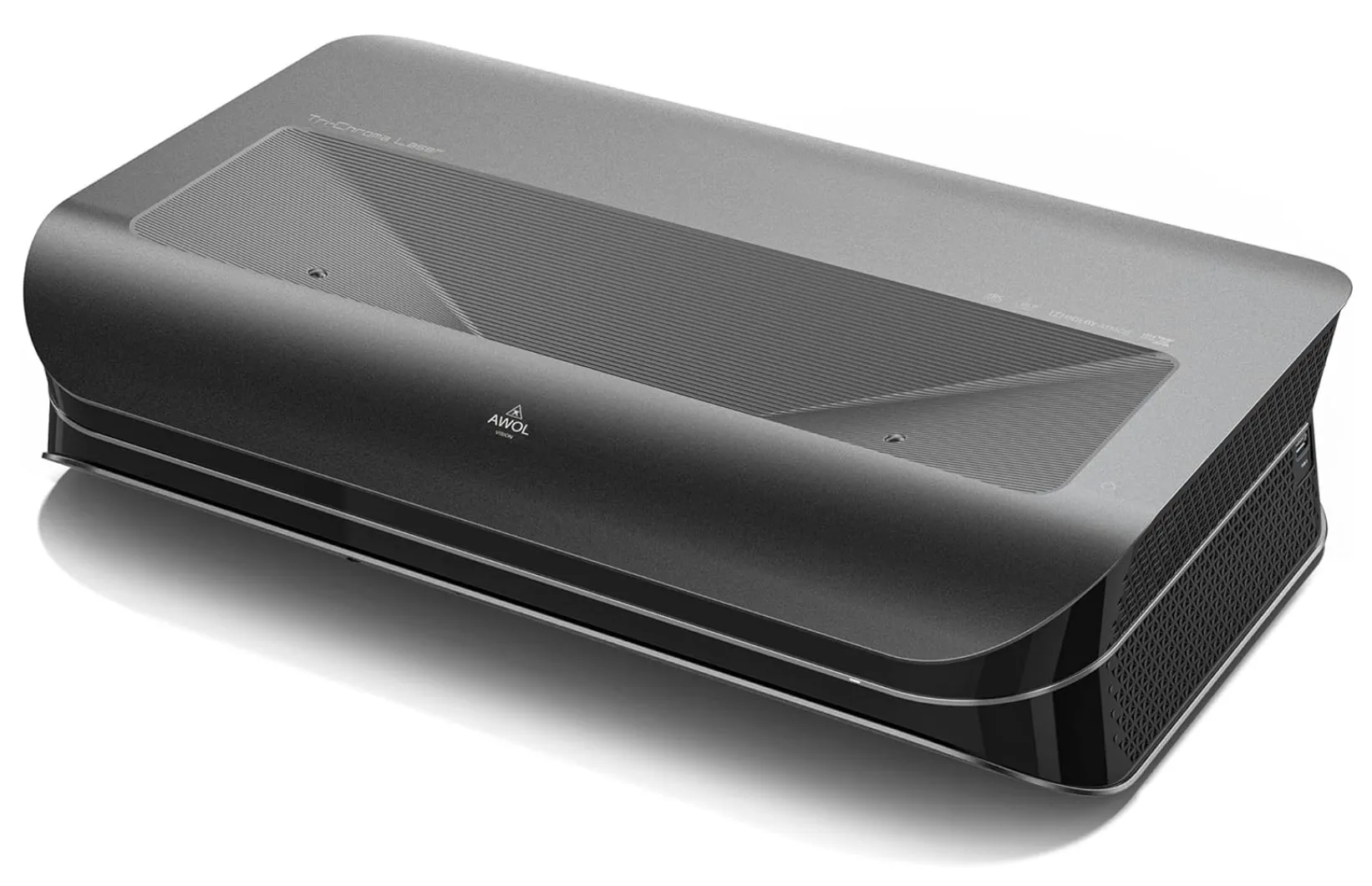
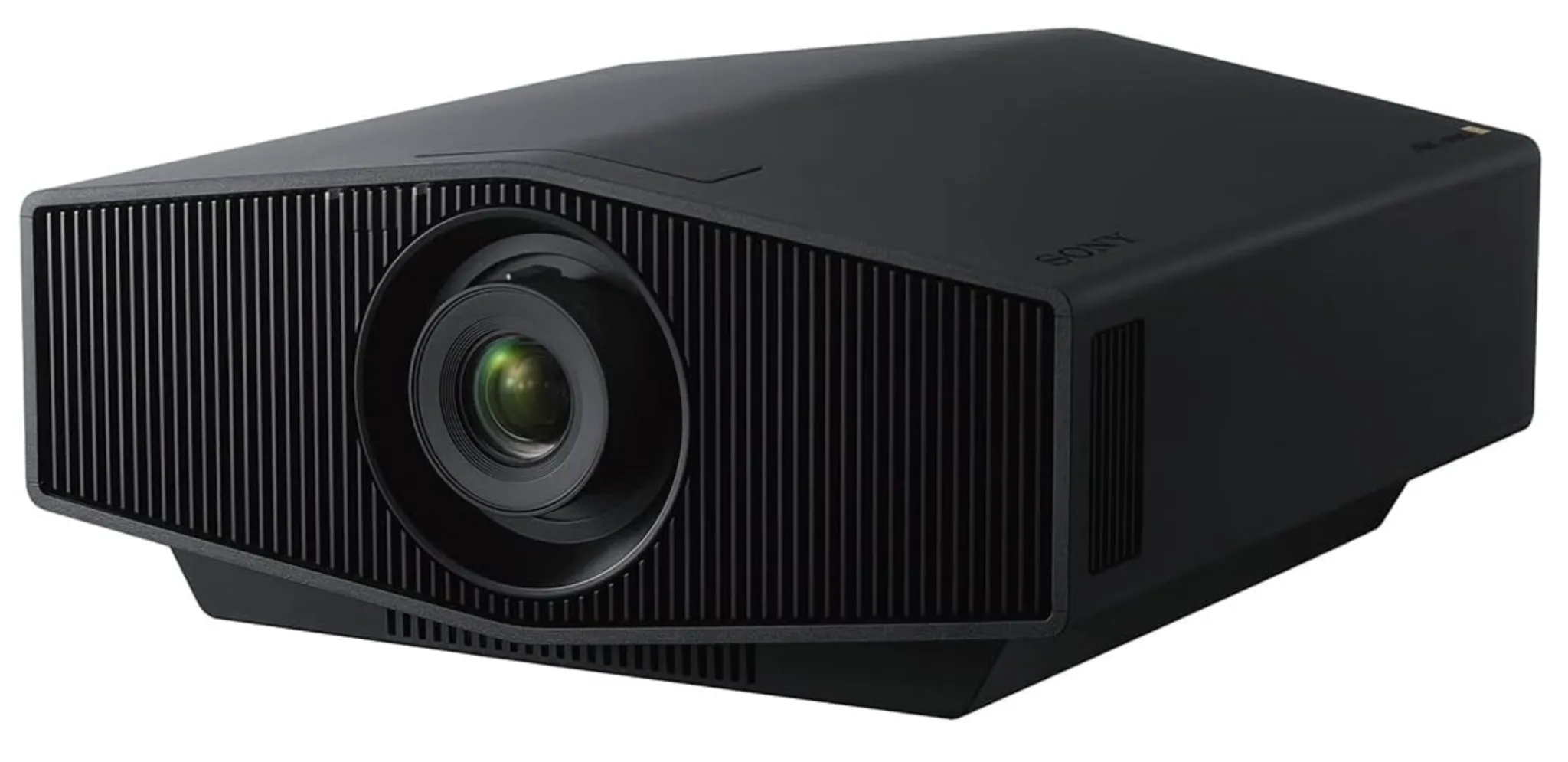




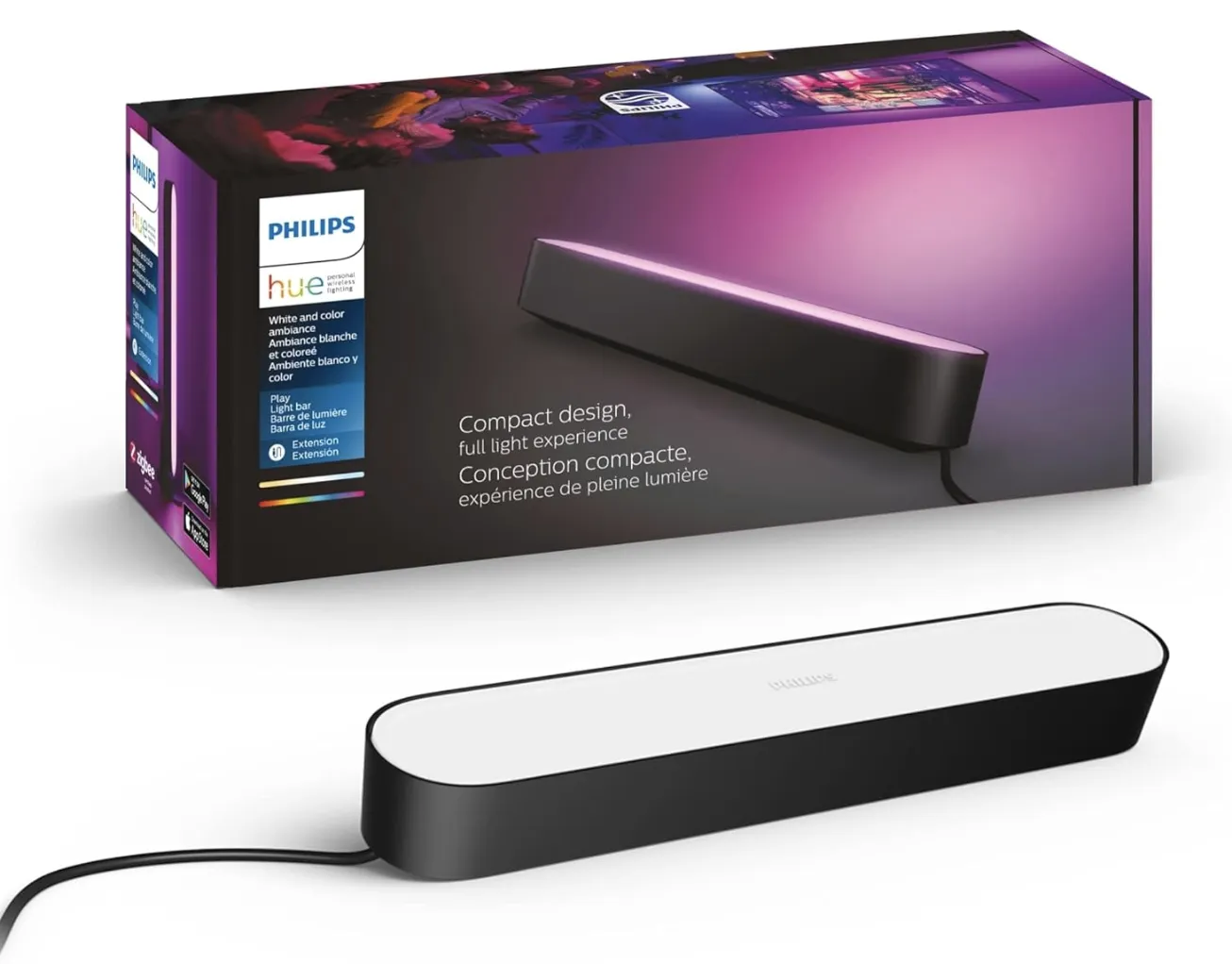
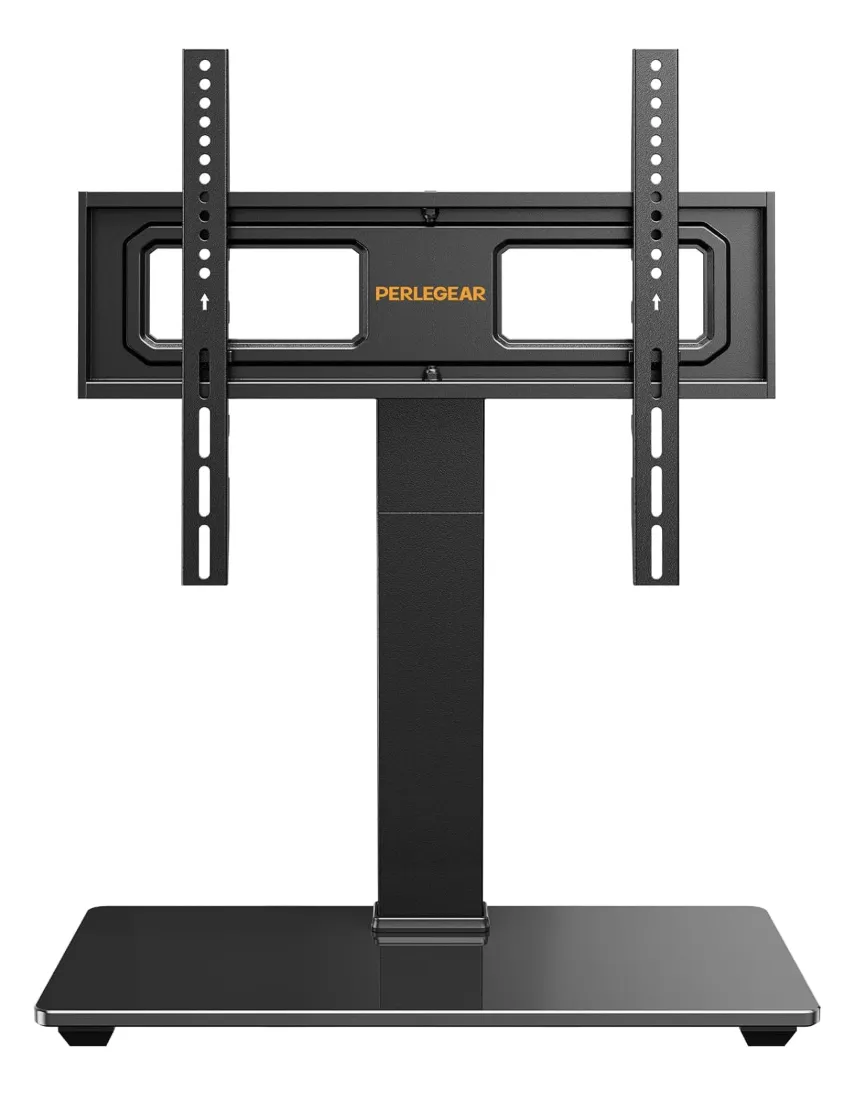






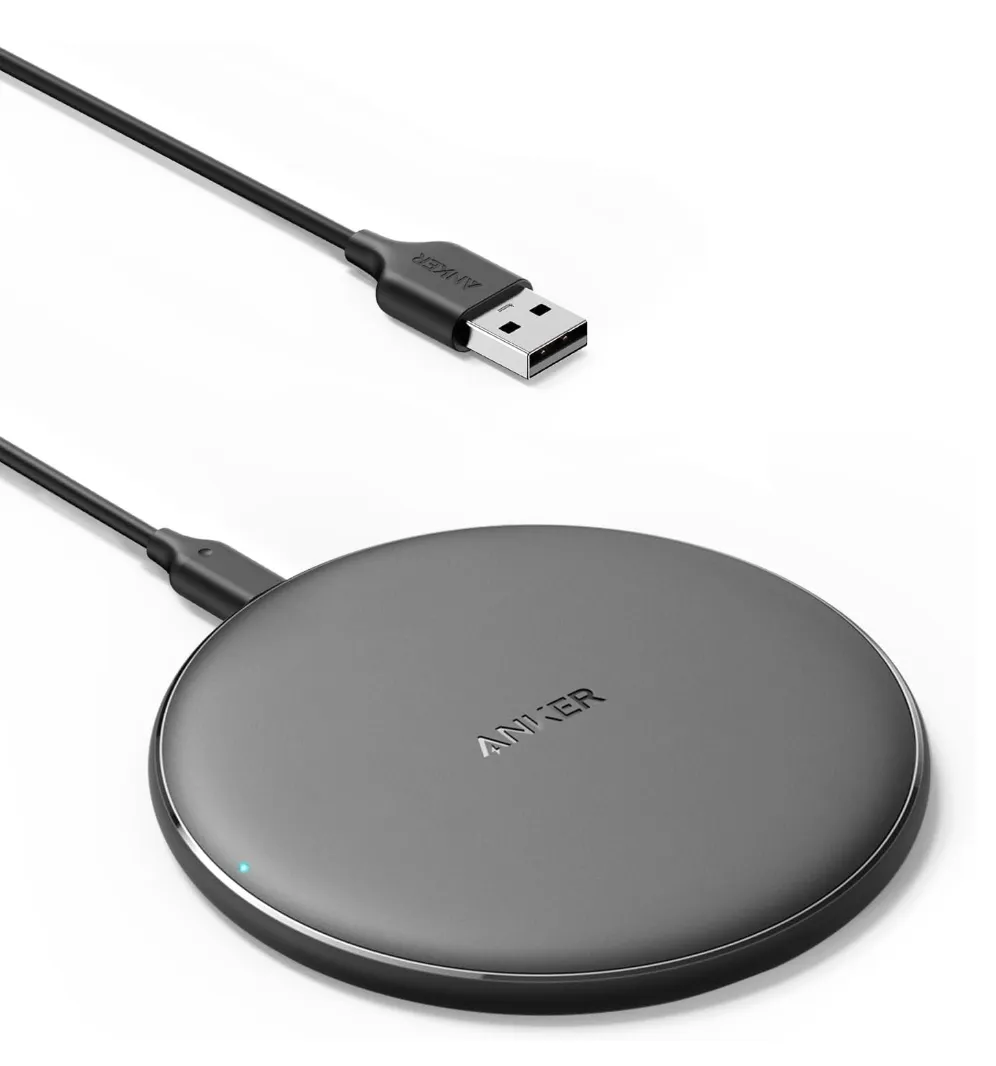
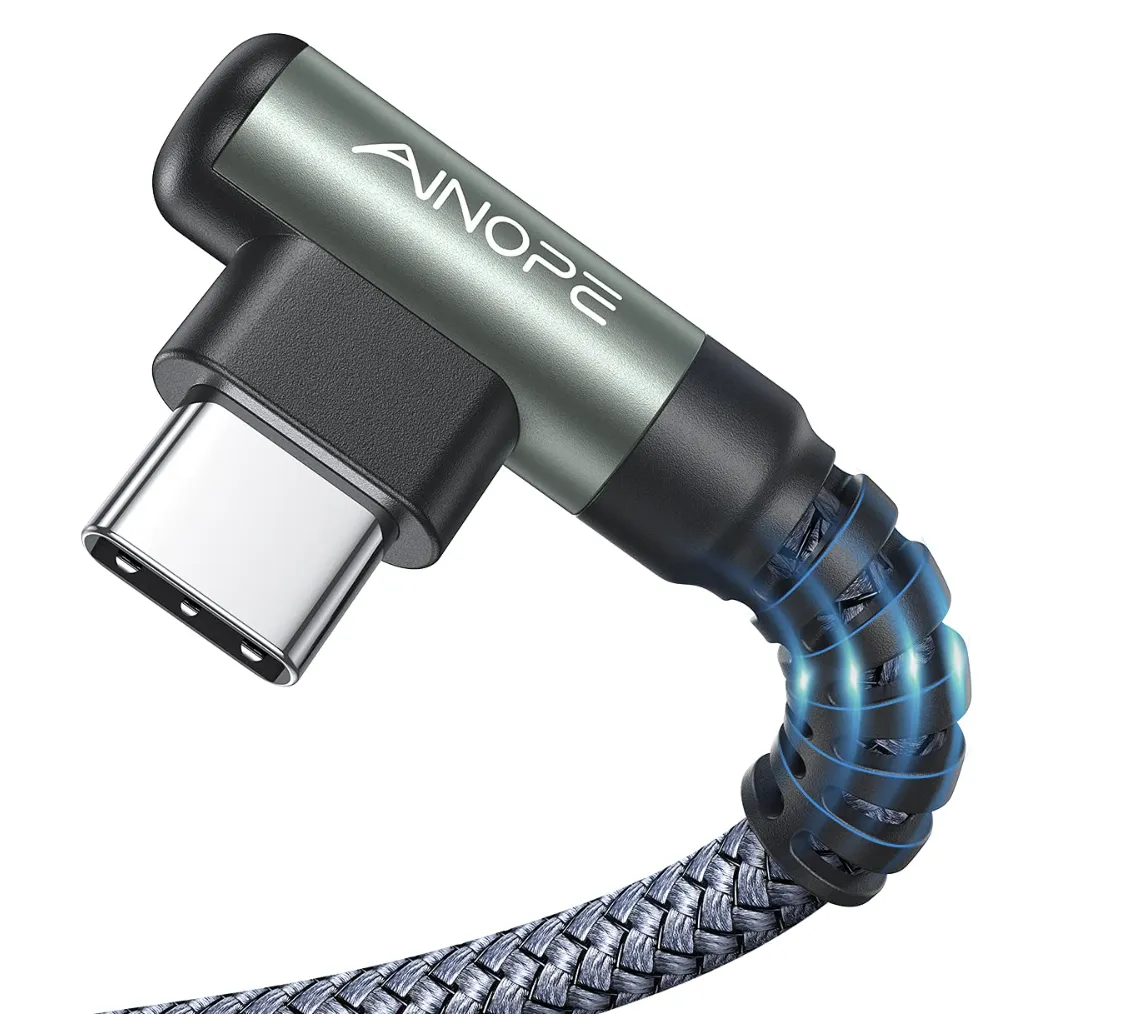

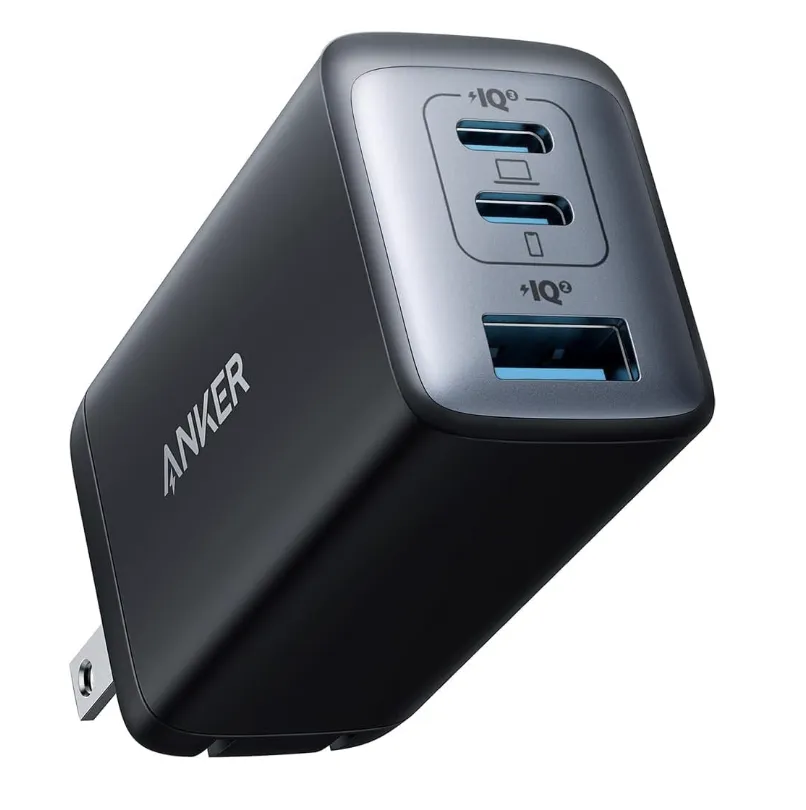
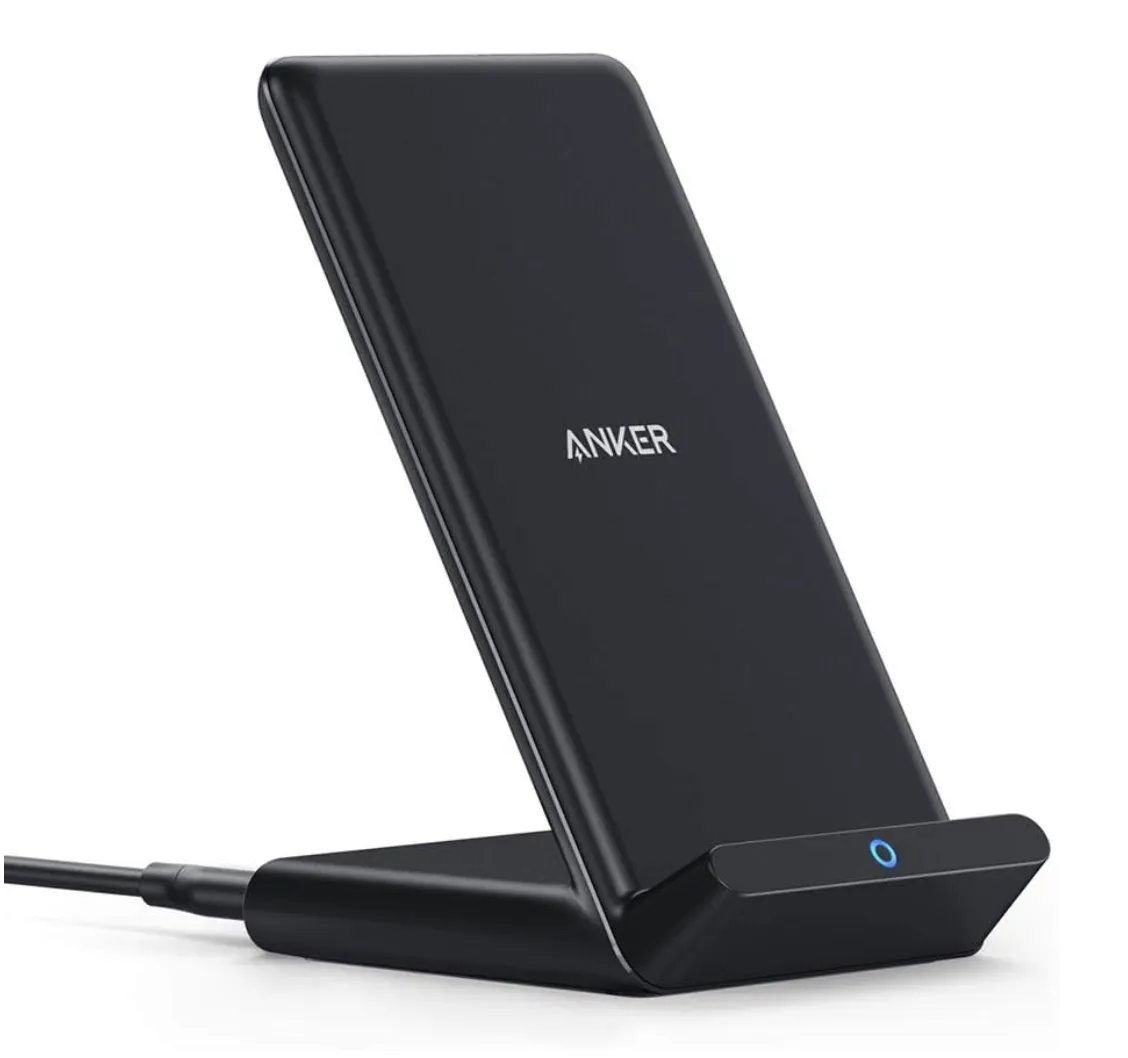
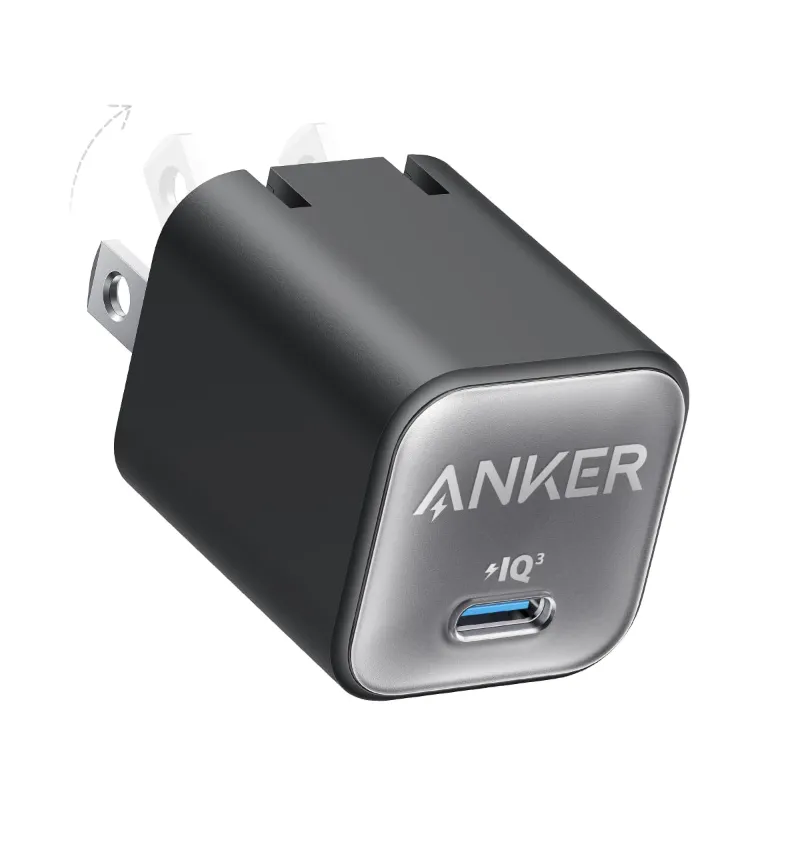






































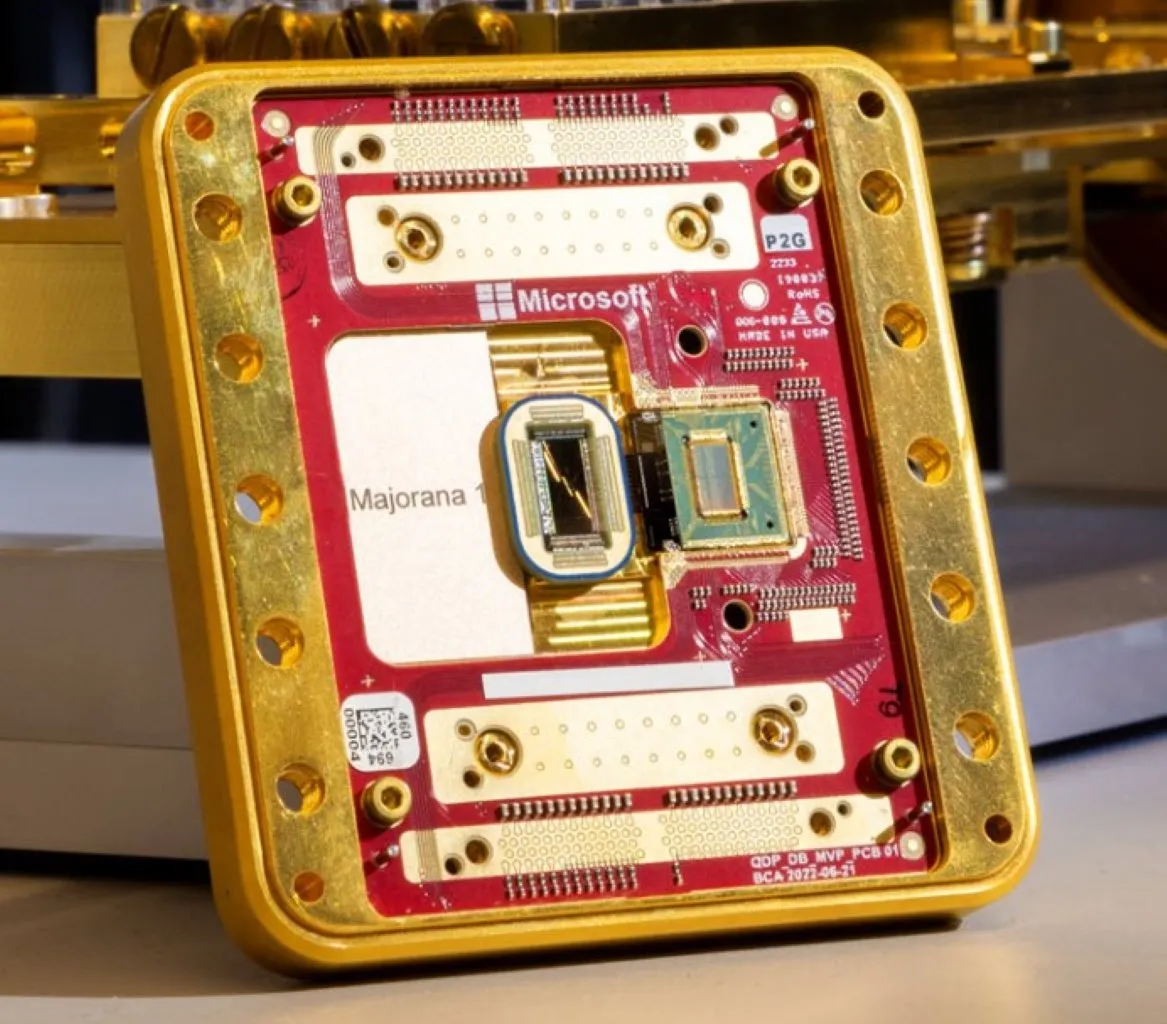

















UNBIASED TECH NEWS
AI Reporting on AI - Optimized and Curated By Human Experts!
This site is an AI-driven experiment, with 97.6542% built through Artificial Intelligence. Our primary objective is to share news and information about the latest technology - artificial intelligence, robotics, quantum computing - exploring their impact on industries and society as a whole. Our approach is unique in that rather than letting AI run wild - we leverage its objectivity but then curate and optimize with HUMAN experts within the field of computer science.
Our secondary aim is to streamline the time-consuming process of seeking tech products. Instead of scanning multiple websites for product details, sifting through professional and consumer reviews, viewing YouTube commentaries, and hunting for the best prices, our AI platform simplifies this. It amalgamates and summarizes reviews from experts and everyday users, significantly reducing decision-making and purchase time. Participate in this experiment and share if our site has expedited your shopping process and aided in making informed choices. Feel free to suggest any categories or specific products for our consideration.
We care about your data privacy. See our privacy policy.
© Copyright 2025, All Rights Reserved | AI Tech Report, Inc. a Seshaat Company - Powered by OpenCT, Inc.








